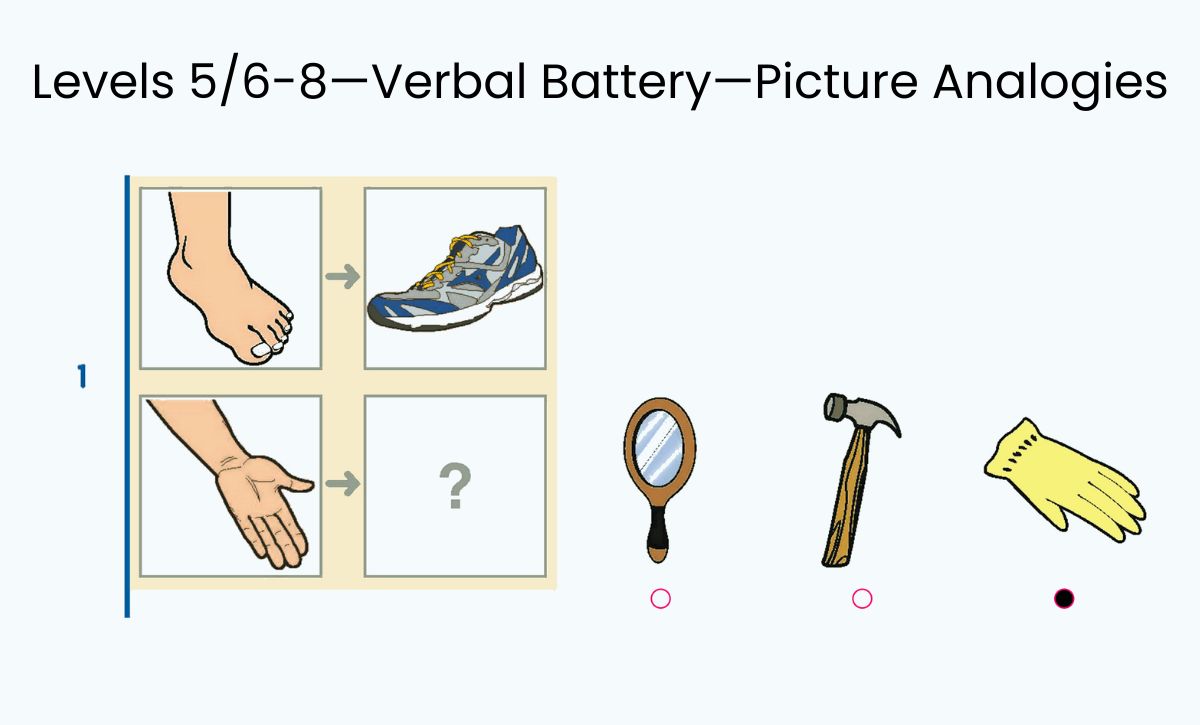Teacher’s View: Testing Ability & Achievement Gives Insight into the Whole Child
Houseman: If a child does well on an ability test but less so on an achievement exam, the gap between potential and performance can inform instruction

Help fund stories like this. Donate now!
Achievement tests are necessary for evaluating student mastery and growth. Yet achievement data as the sole determinant of student success can unintentionally leave some children behind.
As a former elementary school teacher, I saw firsthand the impact of a focus on achievement assessments. From day one of the school year, everything revolved around helping students pass the end-of-year exams. Yet, something felt off. I spent more time teaching test-taking strategies than I did understanding my students’ strengths and interests. And when I did feel that certain children were not performing up to their potential, I had no data to back it up.
Just as disturbing is the fact that a strong focus on achievement assessments creates systemic inequities. These test results reflect how well prepared students are for a particular exam, thanks to strong teachers, a solid curriculum and a home environment that can provide supports like tutors. Children from less affluent backgrounds may not have these advantages and, therefore, will not perform as well.
So how can educators get the insights they need to help students unlock their true potential? By testing children’s cognitive abilities, also called aptitude or potential for learning. An ability assessment measures students’ key reasoning skills and provides insight into how ready they are to solve problems. Ability data evaluates students’ capacity to make inferences, apply familiar concepts to new environments, and detect similarities and differences.
Ability is influenced by all experiences, both in and out of the classroom. Measuring ability looks at problem solving and critical reasoning skills that, while important for success in school and highly correlated with achievement, are much less dependent on formal schooling. Teachers can measure this potential for learning with a cognitive abilities test. Administered online or on paper, it asks students to work through a variety of questions to measure three forms of reasoning:
- Verbal, which includes analogies (identifying the relationship between two pictures or words), sentence completion (fill in the blank) and verbal classification (select the word or picture that belongs in the same category as three others). Verbal reasoning directly links to a student’s readiness to learn vocabulary and comprehend complex texts.
- Quantitative, which includes number analogies, puzzles (i.e., compare quantities using symbols, pictures and numbers), and series (i.e., discover a pattern in a string of numbers). Quantitative reasoning skills indicate potential for working with numbers and mathematical relationships.
- Nonverbal, which includes questions about shape and figure manipulation (i.e., mentally matching images of folded and cut paper), analogies and pattern/series questions. Nonverbal reasoning, when used alongside quantitative reasoning, is a powerful predictor of science outcomes.
At the end of the test, students receive a comprehensive abilities profile that summarizes strengths and areas of growth, and can also highlight instructional practices to meet each child’s cognitive development needs in the classroom. For example, if a student has above-average reasoning abilities, the instructional recommendations might suggest using guided discovery instead of structured teaching methods.
Teachers can leverage ability data alongside achievement test results to identify gaps between a student’s potential and performance. If a child performs really well on an ability test but not as well on an achievement exam, that disparity can suggest what type of support that student needs.
In the Plano, Texas, Independent School District, teachers plot students’ cognitive ability data alongside achievement data, with a specific focus on children whose performance levels in local and state assessments are not corresponding to ability levels. This information can help schools determine additional academic, social-emotional or behavioral support to address specific learning needs.
Teachers can also use ability data to create a strengths-based classroom environment for students. Lessons that focus only on achievement data frequently tie instruction to closing achievement gaps or catching students up to grade-level standards. Students can identify the skills and standards they have not mastered, but they may not know how they learn best or where they excel.
Charleston County School District uses ability profile information to create this sort of learning model, which lets students understand their innate critical reasoning strengths. During the school day, children have time to engage with enrichment activities that reinforce those strengths. For example, students with natural quantitative reasoning skills spend time playing educational games that stretch their abilities in number logic and analytical problem-solving.
Building on natural strengths instead of addressing gaps accelerates learning by making the classroom a positive environment and builds students’ self-awareness, confidence and curiosity.
Adding cognitive ability testing to achievement assessment allows educators to flip the script. With achievement tests alone, the entire conversation focuses on what skills a child is missing and what standards he or she has not mastered. This is a negative approach to learning. But adding cognitive abilities tests helps shine a light on students’ innate potential and their strengths. With this information, teachers and administrators can create learning environments that capitalize on those abilities and build a much more positive experience for learning in the classroom.
Help fund stories like this. Donate now!

;)
